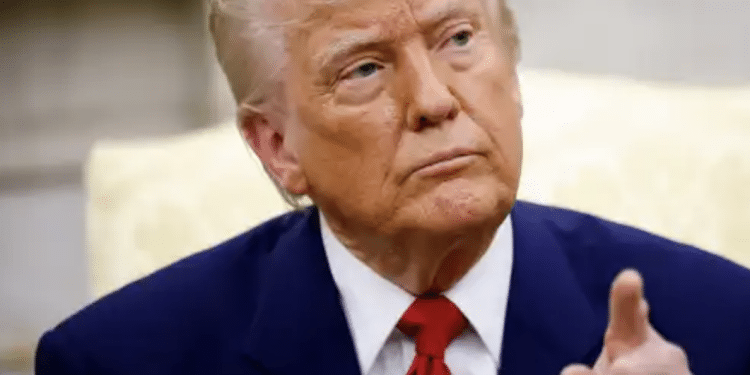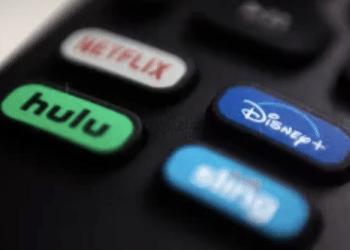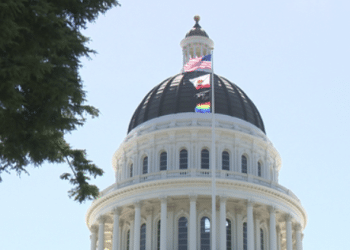Staff Writer David R
The presence of major corporations at the White House to lobby for tariff exemptions raises significant concerns about corruption risks. When companies like Walmart and Target seek exemptions similar to those granted to Apple, questions arise about the fairness and transparency of the process. Historically, politically connected firms have benefited from opaque tariff exemption policies, as seen during previous administrations. The lack of a formal application process for exemptions can lead to favoritism, where companies with close ties to political figures may gain unfair advantages. This undermines the principles of a level playing field and erodes public trust in government decision-making.
The potential for corporations to engage in unscrupulous practices, such as offering favors to influential figures, further exacerbates corruption risks. Allegations of companies buying memberships at golf courses or investing in cryptocurrencies associated with political leaders highlight the blurred lines between lobbying and unethical behavior. Such actions not only compromise the integrity of the exemption process but also create an environment where decisions are influenced by personal gains rather than economic merit. This dynamic can lead to a concentration of power among a few corporations, stifling competition and innovation.
India’s experience with blanket tariffs serves as a cautionary tale. The imposition of broad tariffs led to widespread corruption, as major corporations exploited loopholes and engaged in unethical practices to secure exemptions. This example underscores the importance of transparency and accountability in tariff policies. Without clear guidelines and oversight, the risk of corruption remains high, potentially harming both the economy and public trust. As the White House prepares to host these corporations, it is crucial to prioritize fairness and transparency to prevent similar outcomes.







